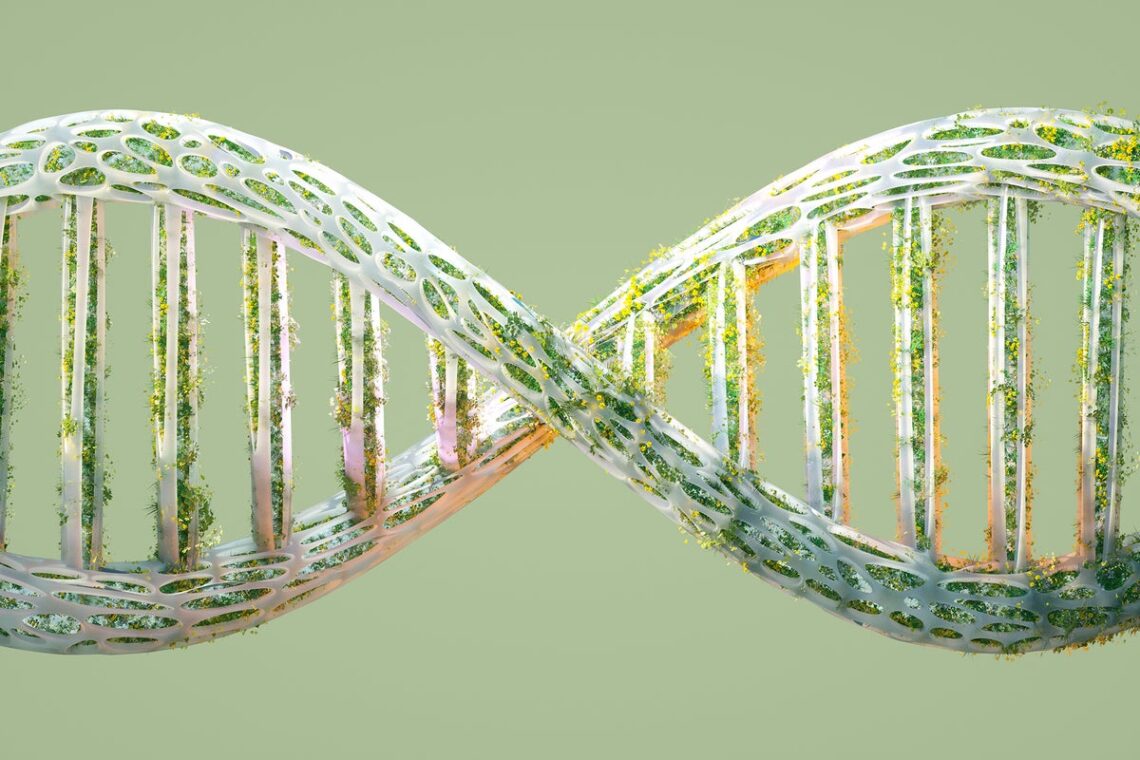A category of synthetic organisms dubbed “mirror life,” whose component molecules are mirror images of their natural counterpart, could pose unprecedented risks to human life and ecosystems, according to a perspective article by leading experts, including Nobel Prize winners. The article, published in Science on December 12, is accompanied by a lengthy report detailing their concerns.
Mirror life has to do with the ubiquitous phenomenon in the natural world in which a molecule or another object cannot simply be superimposed on another. For example, your left hand can’t simply be turned over to match your right hand. This handedness is encountered throughout the natural world.
Groups of molecules of the same type tend to have the same handedness. The nucleotides that make up DNA are nearly always right-handed, for instance, while proteins are composed of left-handed amino acids.
On supporting science journalism
If you’re enjoying this article, consider supporting our award-winning journalism by subscribing. By purchasing a subscription you are helping to ensure the future of impactful stories about the discoveries and ideas shaping our world today.
Handedness, more formally known as chirality, is hugely important in biology because interactions between biomolecules rely on them having the expected form. For example, if a protein’s handedness is reversed, it cannot interact with partner molecules, such as receptors on cells. “Think of it like hands in gloves,” says Katarzyna Adamala, a synthetic biologist at the University of Minnesota and a co-author of the article and the accompanying technical report, which is almost 300 pages long. “My left glove won’t fit my right hand.”
The authors are worried about mirror bacteria, the simplest life-form their concerns apply to. The capability to create mirror bacteria does not yet exist and is “at least a decade away,” they write, but progress is underway. Researchers can already synthesize mirror…
Read the full article here

